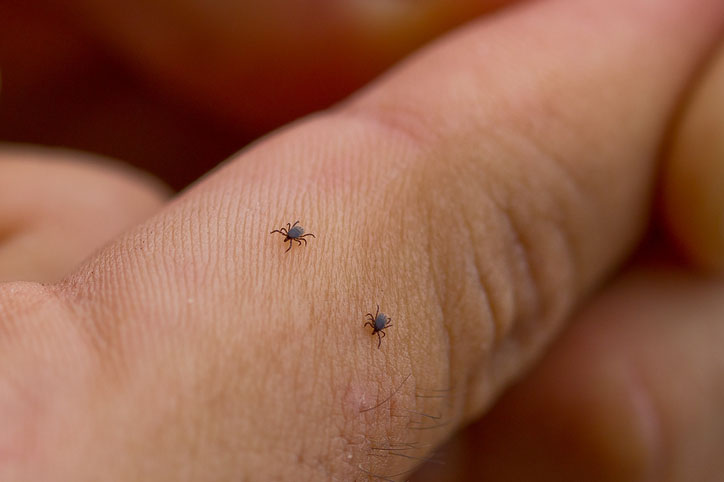Diagnosis of Poisoning
By
Barry R. Blakley, DVM, PhD, Professor, Department of Veterinary Biomedical Sciences, Western College of Veterinary Medicine, University of Saskatchewan
;
Rob Bildfell, DVM, MSc, DACVP, Professor, Department of Biomedical Sciences, College of Veterinary Medicine, Oregon State University
;
William D. Black, MSc, DVM, PhD, Professor, Department of Biomedical Sciences, Ontario Veterinary College, University of Guelph
;
Herman J. Boermans, DVM, MSc, PhD, Professor of Toxicology, Director Toxicology Program, Ontario Veterinary College, University of Guelph
;
Cecil F. Brownie, DVM, PhD, DABVT, DABFE, DABFM, FACFEI, Emeritus Professor, College of Veterinary Medicine, North Carolina State University
;
Raymond Cahill-Morasco, MS, DVM, New, SeaPort Veterinary Hospital, Gloucester, MA
;
Keith A. Clark, DVM, PhD, Retired Director, Zoonosis Control Division, Texas Department of Health
;
Gregory F. Grauer, DVM, MS, DACVIM, Professor and Jarvis Chair of Small Animal Internal Medicine, Department of Clinical Sciences, College of Veterinary Medicine, Kansas State University
;
Sharon M. Gwaltney-Brant, DVM, PhD, DABVT, DABT, Toxicology Consultant, Veterinary Information Network (VIN) and Adjunct Faculty, College of Veterinary Medicine, University of Illinois
;
Larry G. Hansen, PhD, Professor, Department of Veterinary Biosciences, University of Illinois
;
Safdar A. Khan, DVM, MS, PhD, DABVT, Director of Toxicology Research, ASPCA Animal Poison Control Center, Urbana, Illinois
;
Garrick C. M. Latch, MASc, PhD, Consultant
;
Gavin L. Meerdink, DVM, DABVT, Clinical Professor, Veterinary Diagnostic Laboratory, College of Veterinary Medicine, University of Illinois
;
Lisa A. Murphy, VMD, Veterinary Poison Information Specialist, ASPCA Animal Poison Control Center
;
Frederick W. Oehme, DVM, PhD, Professor of Toxicology, Pathobiology, Medicine and Physiology, Comparative Toxicology Laboratories, Kansas State University
;
Gary D. Osweiler, DVM, MS, PhD, Professor Emeritus, Veterinary Diagnostic and Production Animal Medicine, College of Veterinary Medicine, Iowa State University
;
Mary M. Schell, DVM, DABVT, DABT, Senior Toxicologist, ASPCA Animal Poison Control Center, Urbana, Illinois
;
David G. Schmitz, DVM, MS, DACVIM (LA), Visiting Associate Professor, Department of Veterinary Large Animal Clinical Sciences, College of Veterinary Medicine, Texas A&M; University
;
Norman R. Schneider, DVM, MSc, DABVT, Veterinary Toxicologist, University of Nebraska
;
Cheryl L. Waldner, DVM, PhD, Associate Professor, Department of Large Animal Clinical Sciences, Western College of Veterinary Medicine, University of Saskatchewan
Diagnosis of poisoning is based on history, signs, tissue changes, and laboratory examinations. Giving your veterinarian a complete history is important to help him or her make an accurate diagnosis and begin appropriate treatment. You should have the following information available: 1) sex, age, weight, and number of exposed or sick animals; 2) a list of signs of illness in the order they appeared; 3) any prior disease conditions; 4) any medications the animal is receiving; 5) possible related events, for example, change in diet or water source, other medications, feed additives, or pesticide applications; 6) description of the environment, including access to garbage, machinery, or vehicles; and 7) recent past locations and when moved (if applicable).





